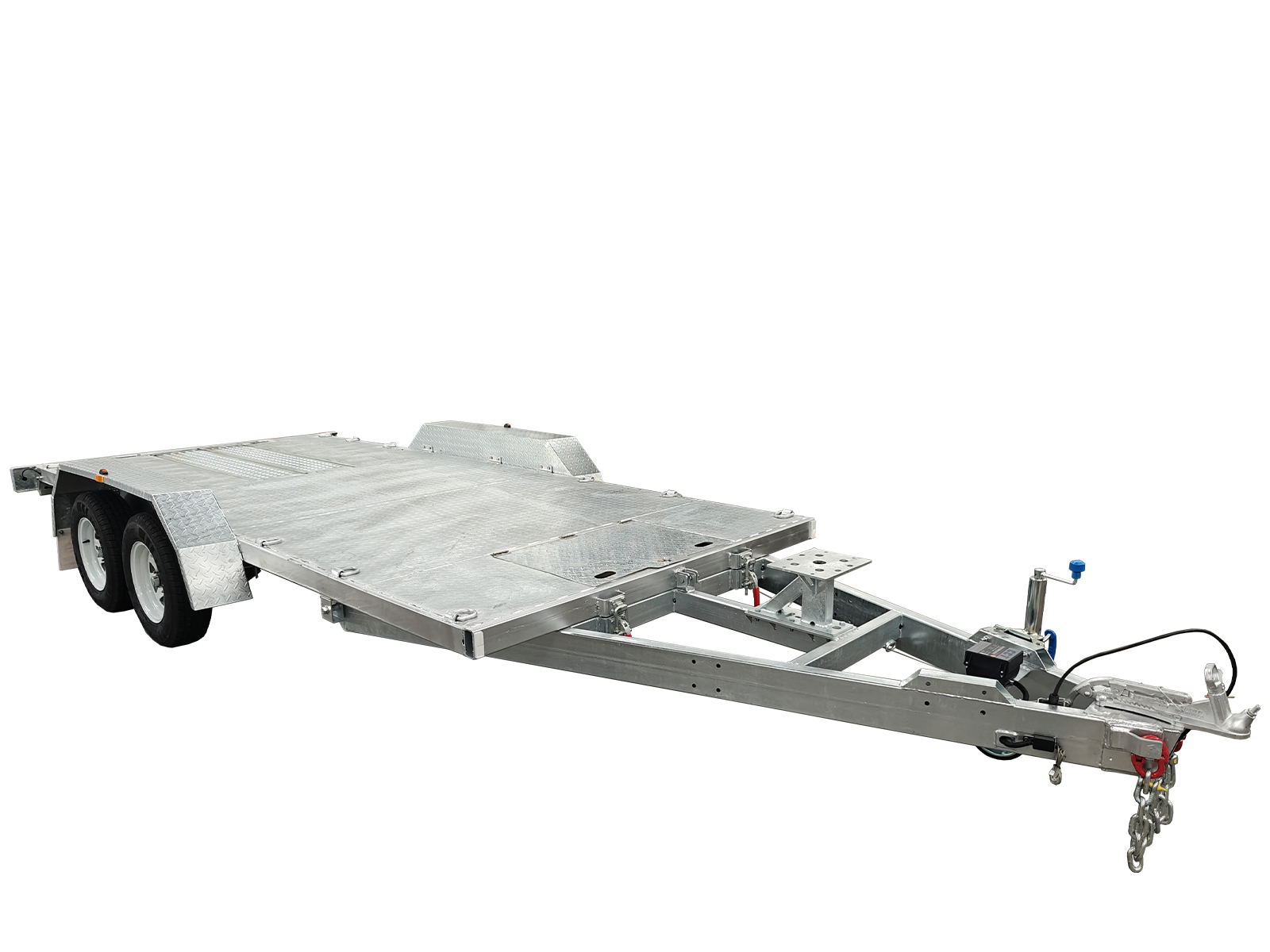Whether you’re moving heavy equipment, planning a camping trip, or transporting furniture, trailer cars make life easier and open up new possibilities for adventure and practicality. Trailer cars, or vehicles equipped with trailers, are increasingly popular among DIY enthusiasts, outdoor lovers, and people who need reliable options for transporting large loads. This guide will walk you through what you need to know about trailer cars, including types, features, and the best uses for each kind.
What Is a Trailer Car?
A trailer car is any vehicle that tows an attached trailer to transport items that won’t fit in the car itself. From enclosed trailers to flatbeds, trailer cars come in various forms to suit different purposes. People use trailer cars for everything from hauling ATVs and boats to moving furniture, transporting building materials, and going on extended camping trips. Choosing the right trailer car can greatly expand your vehicle’s functionality, allowing you to carry far more than you would with a standard cargo space.
Types of Trailer Cars
Depending on your needs, there are several types of trailers that can be paired with your vehicle to help with different tasks. Here are some of the most common types of trailer cars:
- Utility Trailer Cars
Utility trailers are versatile and open, allowing you to transport a wide range of items, from landscaping tools and construction materials to personal recreational gear like bikes or kayaks. They’re often lightweight, easy to tow, and come in various sizes, making them ideal for DIY projects and household tasks.
- Enclosed Trailer Cars
Enclosed trailers are a great choice if you need added security and protection from the elements. With a fully enclosed space, these trailers keep your cargo safe from rain, snow, and theft, making them ideal for transporting sensitive or valuable items. Many people use enclosed trailer cars for moving household goods, camping supplies, or delicate equipment.
- Flatbed Trailer Cars
Flatbed trailers are open and flat, without any sides or roof, which makes them perfect for hauling oversized items that may not fit in a standard enclosed trailer. They’re commonly used for transporting large furniture, building materials, and even vehicles, such as ATVs or motorcycles. Flatbed trailer cars are especially popular among those in the construction or landscaping industries due to their flexibility and ease of use.
- Boat Trailer Cars
Designed specifically for watercraft, boat trailers allow you to transport boats of varying sizes. Boat trailer cars make it easy for boating enthusiasts to travel to and from the water, and most are equipped with features like rollers or padded bars to safely cradle the boat during transit.
- Camper Trailer Cars
For those who love camping but want a bit of extra comfort, camper trailers are an ideal solution. These trailers come equipped with sleeping quarters, storage, and often a small kitchen area. Camper trailer cars are great for families and outdoor lovers looking to hit the road for an extended adventure.
Key Considerations When Choosing a Trailer Car
Selecting the right trailer car requires consideration of several factors. Here are some things to keep in mind when choosing a trailer that meets your needs:
- Vehicle Towing Capacity
The first step is to ensure your car or truck can handle the weight of the trailer and its cargo. Every vehicle has a maximum towing capacity, which is the total weight it can tow safely. Exceeding this capacity can lead to mechanical issues and safety hazards. Be sure to check your vehicle’s manual or speak with a professional to determine the right towing capacity for your needs.
- Trailer Size and Weight
Different trailers come in various sizes and weights. If you’re towing something large or heavy, you’ll need a trailer that can handle the load. For example, transporting an ATV or boat will require a more robust trailer than simply hauling gardening tools. Always verify the trailer’s maximum load capacity and ensure it matches your intended use.
- Brake System and Hitch
Not all trailers are equipped with brakes, but for heavier loads, a trailer with its own braking system is essential for safety. Similarly, ensure that your vehicle has a hitch that is compatible with the type of trailer you intend to use. A strong, secure hitch connection is critical for stability and safety during transit.
- Licensing and Permits
Depending on the weight and type of trailer, you may need a special permit or license. Each region has different regulations, so make sure to check the requirements before hitting the road with your new trailer car.
Benefits of Using a Trailer Car
- Increased Cargo Capacity
Trailer cars provide you with much-needed space to carry large or bulky items that won’t fit in your vehicle. From furniture to equipment, trailers make transporting big loads easy and efficient.
- Cost-Effective Transportation
Renting a trailer can be more affordable than hiring a moving service or renting a larger vehicle. Whether you’re moving homes, transporting business equipment, or simply need a trailer occasionally, trailer cars can be a budget-friendly option.
- Ideal for Outdoor Adventures
For campers, adventurers, and outdoor sports enthusiasts, trailer cars offer a convenient way to transport equipment like bikes, kayaks, and tents. They allow you to bring along all the essentials for a weekend getaway without crowding your vehicle.
- Reduced Wear on Your Vehicle
By using a trailer to haul heavy loads, you reduce the strain on your car’s internal cargo space. This can help maintain your vehicle’s interior and reduce the wear and tear that can come from frequently transporting heavy items.
Maintenance Tips for Trailer Cars
Like any piece of equipment, trailers require regular maintenance to keep them safe and functional. Here are some tips to keep your trailer in top shape:
- Inspect the Tires: Trailer tires are often overlooked but play a critical role in safety. Be sure to check for wear and tear, keep tires properly inflated, and replace them as needed.
- Check the Hitch and Connections: Regularly inspect the hitch, coupler, and safety chains to ensure they’re secure and in good working condition.
- Maintain the Brake System: If your trailer has brakes, they need regular inspections to ensure they work properly, especially when hauling heavier loads.
- Keep the Trailer Clean and Rust-Free: Regularly clean the trailer and check for rust or corrosion. This is especially important for trailers exposed to saltwater or harsh weather conditions.
Is a Trailer Car Right for You?
If you’re someone who needs flexibility and additional storage space, or if you’re an outdoor enthusiast or DIYer, a trailer car can be a great investment. It’s an affordable way to expand your vehicle’s capabilities, giving you the freedom to transport everything from work tools to camping equipment with ease.
Choosing the right trailer car requires a bit of research, but with the right setup, you’ll be ready to hit the road with all your gear in tow.

